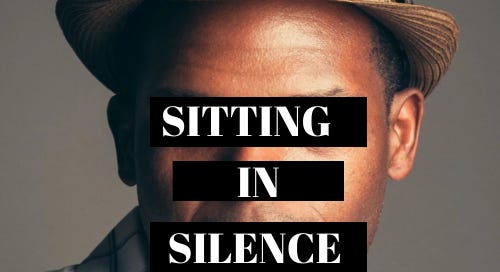Hello to new and ongoing subscribers. And salutations to premium members, too. Welcome to Sitting in Silence, the newsletter on writing, creativity, joy, and worry.
I write from the biggest writer’s conference in the nation: AWP. This year it’s in Philadelphia, and this is the first in-person AWP since the advent of that old world-changer, COVID-19. I h…
Keep reading with a 7-day free trial
Subscribe to Sitting in Silence to keep reading this post and get 7 days of free access to the full post archives.



